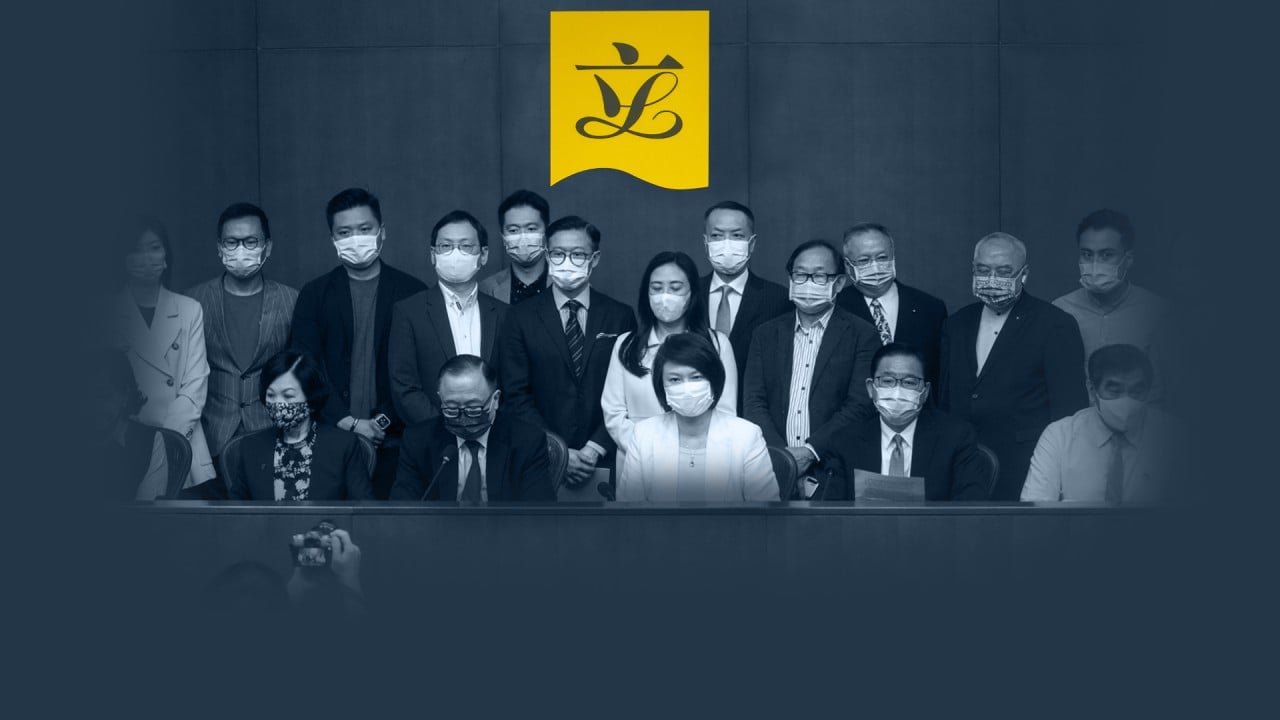Editorial | A ‘loyal’ Legco is not tantamount to a carte blanche for officials
- Administration must win broad public support for policies and funding requests, while new lawmakers should ensure that proper checks and balances are in place

The Legislative Council has never seen more drama than in the past five years. Evolving from having the biggest ever opposition bloc to completely controlled by pro-government factions, the assembly has gone through an extraordinarily eventful term.
At the height of the 2019 social unrest, the chamber was even stormed by protesters. But it sprang back during a Beijing-extended tenure, passing a record number of laws and funding proposals without dissent. As the curtain falls on its current term, some serious reflections are warranted.
No one could have foreseen that Hong Kong was stepping into one of its most turbulent periods at the time. It began with the landslide victory of pan-democrats in the 2016 Legco poll, including some independence-leaning figures who emerged from the Occupy Central protests – a civil disobedience movement to press Beijing for greater democracy.
But it soon hit the rocks after six members were unseated over improper oath-taking. The tension prevailed after Carrie Lam Cheng Yuet-ngor took over as chief executive, with delaying tactics and political theatrics in the chamber becoming the norm rather than exception.

05:10
Hong Kong's revamped electoral system bolsters pro-Beijing influence in key decision-making bodies
The situation took a worrying twist in 2019, when an ill-fated government bill, under which fugitives could be sent to the mainland and other places for trials despite no previous extradition agreements, sparked waves of protests that culminated in prolonged social unrest.

